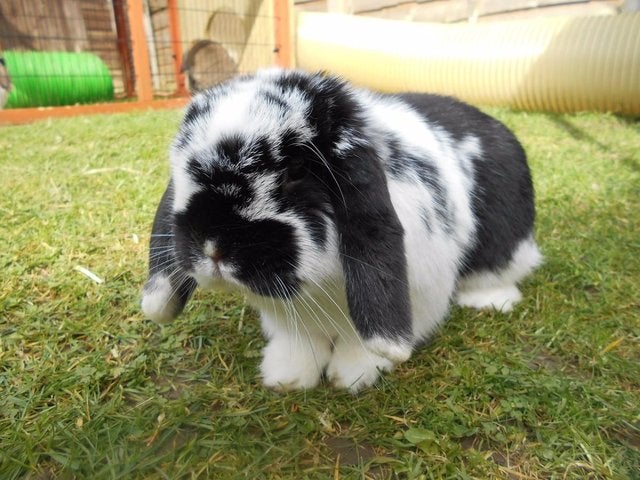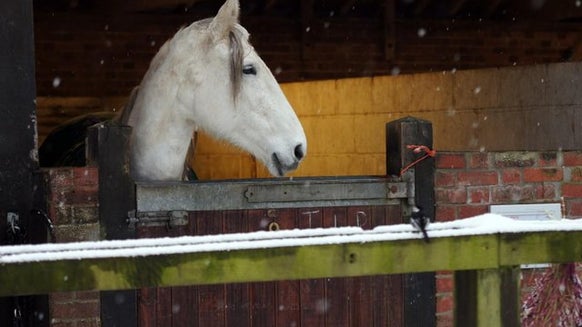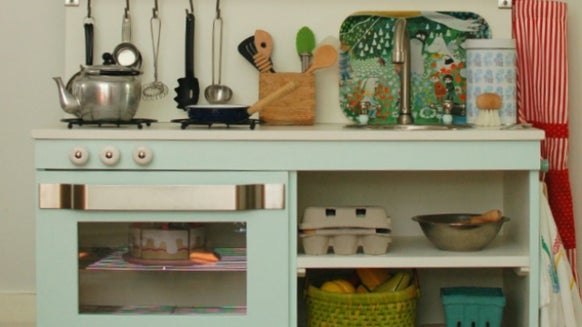Rehoming Rabbits: What You Should Know

Dwarf, giant...Dutch, agouti...lop-eared, lion-haired...with so many gorgeous breeds of rabbit to choose from, it can be easy to oversee the dedication required to look after them, including what to consider when looking for the perfect bunny. We believe every pet deserves to find a happy forever home, and that includes all the Peters, Thumpers, and Rogers out there. So, before hunting out the perfect rabbit to join your family, make sure you consider all the below!

Do I have time for a rabbit?
When Easter, birthdays and Christmas come around, giving your children a new furry friend can seem like the ultimate gift. However, rabbits are sensitive animals with complex needs, and although they are traditionally considered good pets for children, it is not easy to give them the enriched life they need. Like with any pet, never give your child pet rabbits unless you yourself have the time to care for them and give them the life they deserve. By law, a child cannot have legal responsibly for the welfare of any pet until they have reach 16 years old - until then, this responsibility lies with the adult.
Before deciding to give any pet a home, you must be sure that you can provide these 5 things for your new found friend throughout their lifetime, as a duty of care under the Animal Welfare Act 2006:
A suitable environment - rabbits require a large hutch with constant access to a secure run. Learn more about a suitable rabbit environment by reading our guest article by the Rabbit Welfare Association and Fund here.A suitable diet - hay and grass make up the bulk of rabbits' diets. Anything else should be given in moderation. You can learn more about a suitable rabbit diet here.Ability to perform usual a hutch is not enough. Read our article on enrichment ideas for inspiration on how you can give your rabbits the opportunity to perform natural behaviours and to keep themselves amused.behaviours - Suitable for rabbits, this is one of the most neglected welfare needs. Rabbits are highly social animals, so if left alone, they can suffer chronic loneliness and boredom - a staggering 65% of UK's pet rabbits live alone. Rabbits are best suited to living with other rabbits as they have similar needs and behaviours, and it is always best to neuter your rabbits to avoid unwanted litters. Ask your vet for any further advice about neutering, and for advice when introducing a new rabbit to your existing rabbit's life. For further reading, the PDSA have a very handy overview on rabbit companionship!companionship - Protection from pain, injury, suffering and illness - there are some common rabbit ailments you should be aware of to ensure you can spot when your furry friends are feeling under the weather. Rabbit Awareness Week have a good overview of the most common ailments. Like with any pet, if your rabbits are behaving differently, or look unwell, always consult your vet.
Unless you feel you can give the above to a rabbit for the it's entire lifetime, please re-consider giving rabbits a home. Rabbits are the UK's most neglected pet, and around 67,000 are handed into rescue centres in the UK every year. On average rabbits can live up to 12 years old, so bear this in mind when giving rabbits a home. In addition to this, it's not just time and dedication you should consider, but also cost.
Finding your perfect forever friend
If you have given the idea a lot of thought, you are confident you can give rabbits a life they deserve, and you have everything ready to welcome them into your family, then it's time to find some new furry friends! If you have no existing rabbits, don't start by looking for one, but consider rehoming two. Although house rabbits can be perfectly happy having you as a companion if you are at home, the best type of companionship a rabbit can have is another rabbit - especially if it lives outside and you are out of the house most of the day.
Now, no one can deny that baby rabbits are irresistibly cute and cuddly, but with so many unwanted adult rabbits in rescue centres and advertised here on Preloved by private owners, consider giving adult rabbits a second chance of a forever home - just think about how much joy you would be giving to rabbits who have had a unstable start in life. Plus, let's face it, even as adults, rabbits are just as cute and entertaining...like this guy!

If you have your heart set on finding a baby rabbit, then there are some important things you should be aware of before taking little bundles of bouncy joy home with you:
The minimum age a baby bunny can leave it's mother is 8 weeks old, apart from giant breeds - they tend to mature a little later due to their size so shouldn't be rehomed before 10 weeks old. Never take home a rabbit that is younger then the recommended minimum age. Always ask to view the rabbits with their mother to ensure they have not been taken away from her too young. Avoid buying rabbits from pet shops and garden centres where welfare needs are less likely to be met - pet shops can be a stressful place for a rabbit. Instead look out for baby rabbits which have been reared in a home environment where they are more likely to have been handled and given space to "be bunnies". Don't forget to contact your local rehoming centre as baby rabbits can often be turned in if they are unwanted. - Make sure all the rabbits on the premises where they were raised are alert, lively and not showing any signs of illness. Look out for discharges around the eyes, nose, ears and bottom.
At 8 weeks old, rabbits should already have had various vaccinations. You can find out more here on the RSPCA website. Always ask the breeder for this information. Particularly if you are giving a home to a male and female rabbit, make sure you arrange to have them neutered by your vet. With thousands of rabbits finding themselves homeless every year, by neutering your rabbits you will ensure they don't have any unwanted litters that will add to this problem. Neutering your rabbits can also help your rabbits live a longer, happier life. The PDSA have lots of useful information on neutering on their rabbit health pages.
Further Reading:
RSPCA welfare advice on caring for rabbits. - Rabbit Welfare Association and Fund
PDSA guide to caring for rabbits PAAG guide to buying a rabbit








